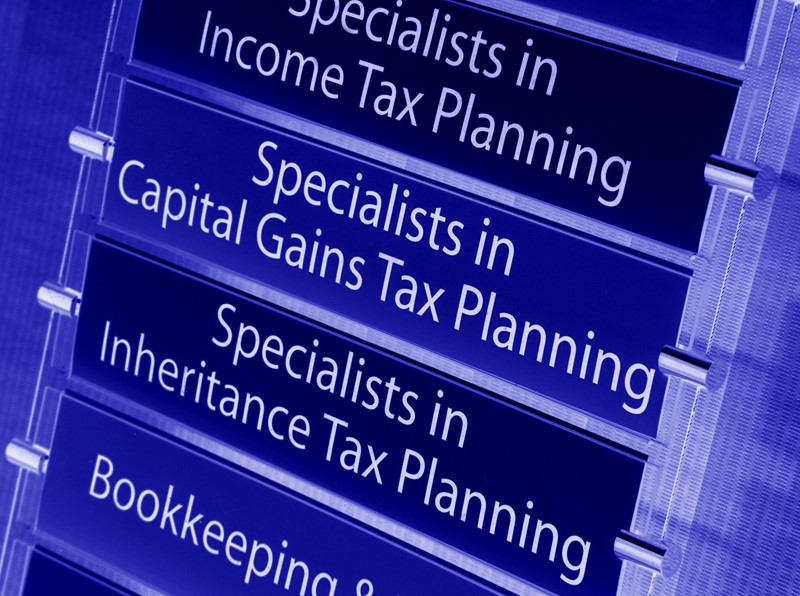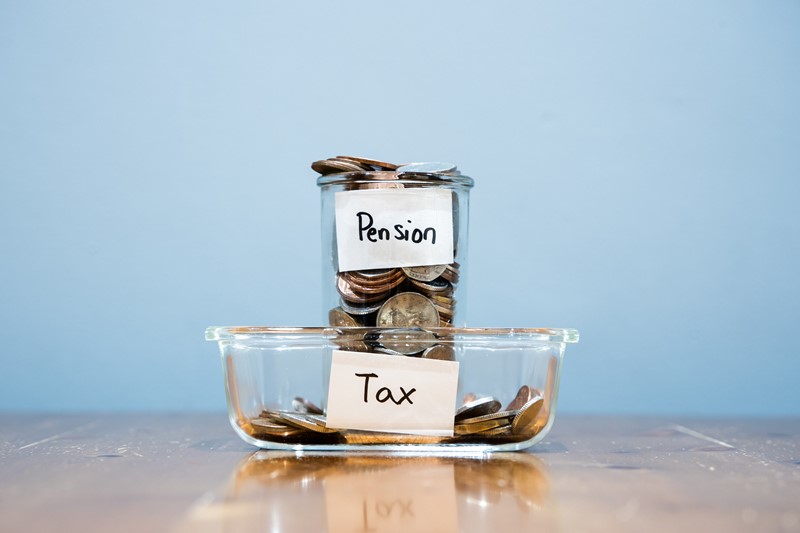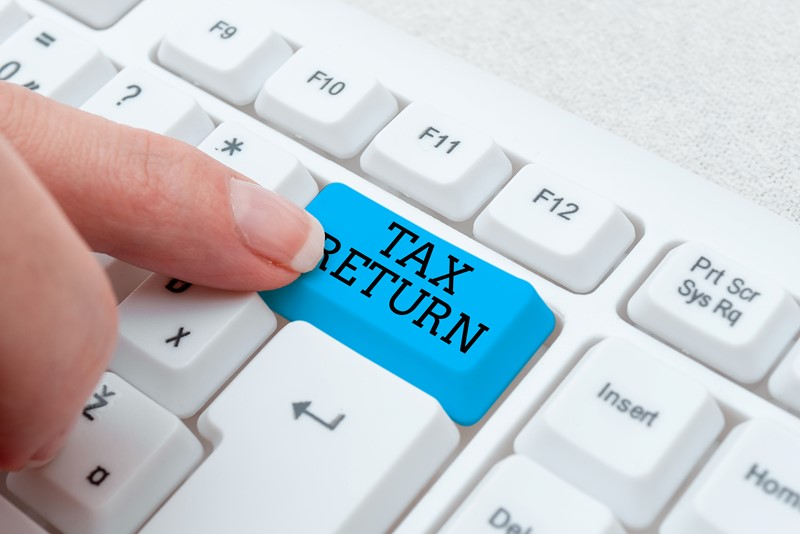Health professionals providing medical services may be exempt from VAT if their work falls within their registered profession and primarily protects, maintains, or restores health. HMRC outlines specific exempt services, including diagnosis and treatment.
The VAT liability of goods and services provided by registered health, medical, and paramedical professionals, can be a complex area of tax law. HMRC’s guidance provides clarification on the definition of medical services and outlines the specific health services performed by registered professionals that are exempt from VAT.
If a health professional, as defined by HMRC, provides services, those services are generally exempt from VAT, provided that both of the following conditions are satisfied:
- The services fall within the profession in which you are registered to practice.
- The primary purpose of the services is the protection, maintenance, or restoration of the health of the individual concerned.
For VAT purposes, the definition of medical services (including medical care and treatment) is limited to those that meet the second condition outlined above. This includes services such as the diagnosis of illnesses, the provision of analyses of scans or samples, and assisting a health professional, hospital, or similar institution in making a diagnosis.
HMRC provides examples of services that are considered to meet the primary purpose of protecting, maintaining, or restoring a person’s health. These include:
- Health services provided under General Medical Services (GMS), Personal Medical Services, Alternative Provider Medical Services, General Dental Services, and Personal Dental Services contracts
- Sight testing and prescribing by opticians (limited to England, Wales, and Northern Ireland)
- Primary and secondary eye examinations (limited to Scotland)
- Enhanced eye health services
- Laser eye surgery
- Hearing tests
- Treatment provided by osteopaths and chiropractors
- Nursing care provided in a patient’s own home
- Pharmaceutical advice
- Services involving the diagnosis of an illness or the provision of analyses of samples that are a key part of a diagnosis
Additionally, certain insurance or education-related services may also be exempt from VAT, regardless of their primary purpose, as they could qualify under other independent exemptions.
Source:HM Revenue & Customs | 10-02-2025









